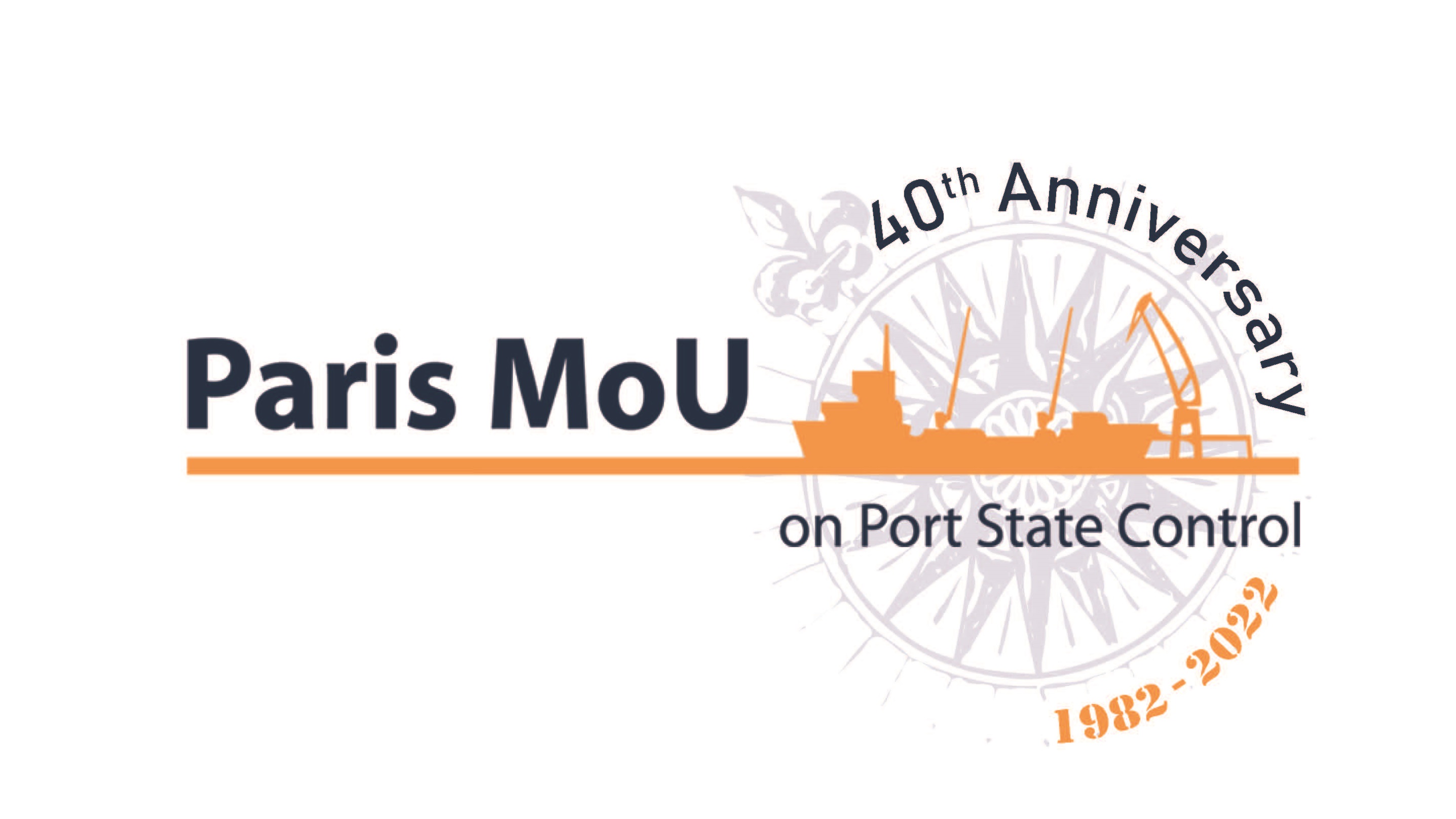Paris MoU on Port State Control celebrates 40 years

At the recent annual meeting of the Committee, members of the Paris MoU paid special attention to the fact that the Paris Memorandum on Port State Control (Paris MoU) is celebrating its 40th anniversary this year.
The Paris Memorandum of Understanding on Port State Control was adopted on 26 January 1982 and signed by 14 European countries. In addition to the European Commission, the International Maritime Organization (IMO) and the International Labour Organization (ILO) were also represented from the start. The Memorandum entered into force on 1 July of the same year.
Initially, under the Paris MoU, ships' compliance with seven international maritime conventions of the IMO and ILO was verified in a cooperative, harmonised way.
Since then, the Paris MoU has evolved into the organisation it is today. The membership has nearly doubled, as has the number of international maritime conventions of which compliance is monitored; the so-called "relevant instruments". Over all these years, the Paris MoU has proven to be of great value in eliminating substandard shipping in the region. Using a risk-based approach, the detention rate has gradually decreased over the years proving the effectiveness of the system.
Following the Paris MoU and the results achieved through it, other regional port State control regimes were also developed worldwide, making it increasingly difficult for substandard ships to operate anywhere in the world.
In the first decades, the database in which all inspections were recorded was provided by France. Since 2011 this important role is fulfilled by the European Maritime Safety Agency (EMSA). Throughout this time the European Commission, later joined by EMSA, and the Paris MoU have worked together collaboratively ensuring the success of the Paris MoU’s work in improving maritime safety, prevention of pollution and on-board working and living conditions in the region. The Dutch Ministry of Infrastructure and Water Management was and remains the steadfast host for the Paris MoU Secretariat providing the foundation for its work.
It is of course above all the maritime authorities of the Paris MoU and their port State control officers who have been the face of the Paris MoU in those 40 years. Through their efforts, they have made shipping off our coasts and in our ports a lot safer, more environment-friendly and with better working and living conditions for the crews on board of ships.
The Paris MoU will strive for continuous improvement of the inspection regime with the essential contribution of its members to achieve higher “shipping” standards.
On the occasion of its 40th anniversary, the Paris MoU has released a video explaining what the Paris MoU is, how it came about, how the Paris MoU works and what the results of its work are.
The video, and further information, can be found at the following link
